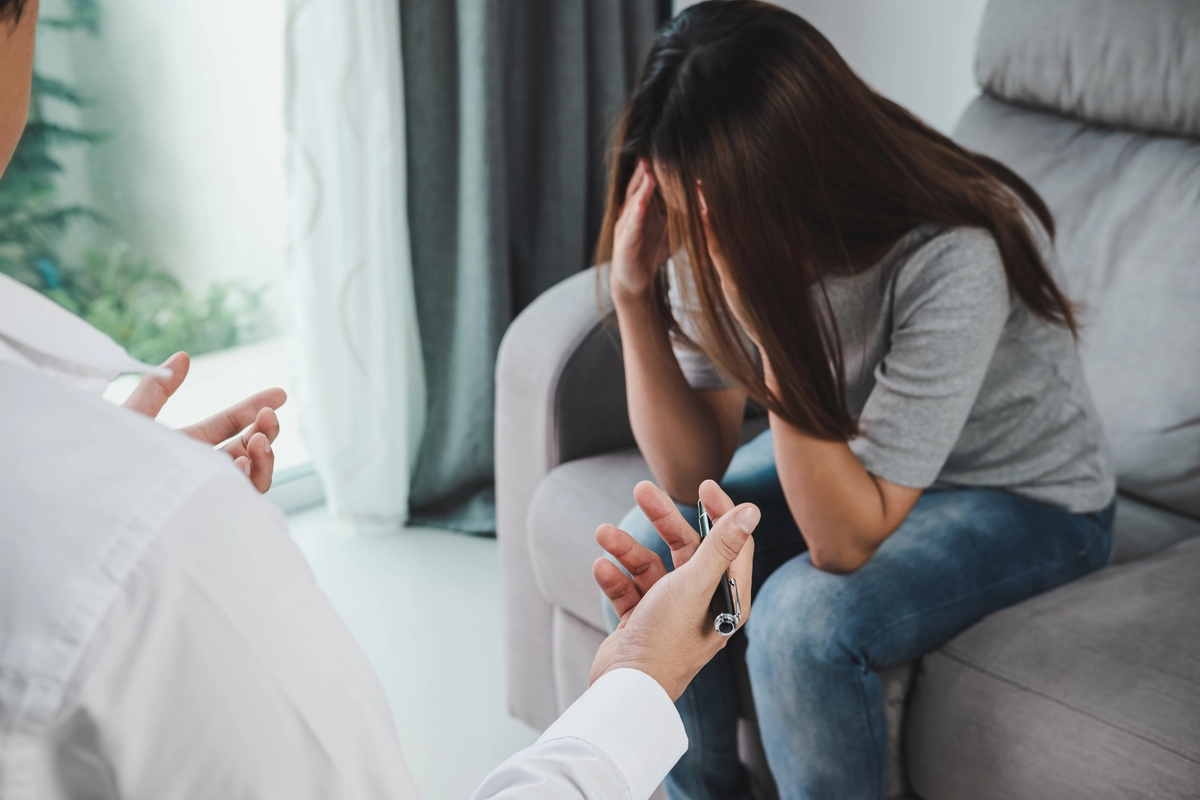24/7 Helpline:
(866) 899-221924/7 Helpline:
(866) 899-2219
Learn more about PTSD Rehab centers in Scappoose
PTSD Rehab in Other Cities

Other Insurance Options

WellCare Health Plans

Magellan

Highmark

GEHA

Humana

Meritain

Cigna

Lucent

American Behavioral

Health Partners

Molina Healthcare

Regence

Excellus

ComPsych

BlueShield

Premera

Anthem

CareFirst

Ambetter

MHNNet Behavioral Health





Columbia Community Mental Health
Columbia Community Mental Health provides behavioral health services in an outpatient setting for ch...

































































































Columbia Community Mental Health
Columbia Community Mental Health provides behavioral health services in an outpatient setting for ch...

Columbia Community Mental Health
Columbia Community Mental Health provides behavioral health services in an outpatient setting for ch...






















